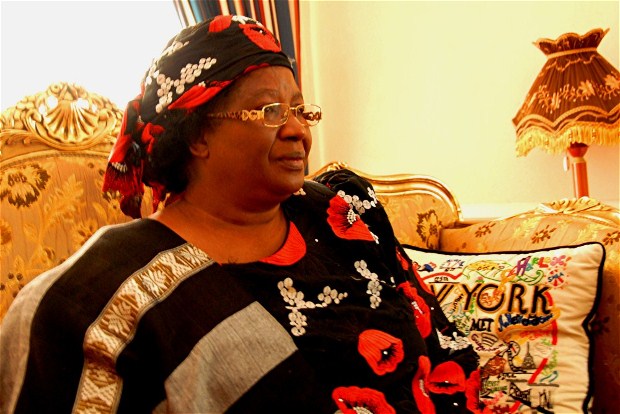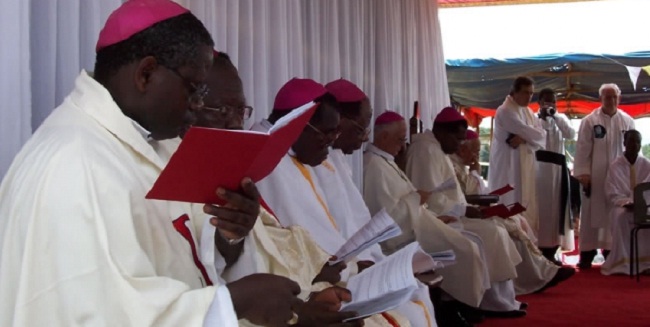Some NGOs have expressed worry that Malawi President Joyce Banda’s administration has taken the same path of using the Anti-Corruption Bureau (ACB) to target political opponents.
The Centre for Human Rights and Rehabilitation (CHRR), the Centre for the Development of People (Cedep) and the Pan African Civic Educators Network (Pacenet) who have expressed this sentiment, have also described Banda’s 100 days in office as a mixed bag.
In their 12-page assessment, the three NGOs say the country has witnessed national changes and developments which have been positive and beneficial, especially in areas of good governance and the economy.
“But many negative developments, too, have been experienced which if not checked now might have their negative impact on the country and leave Malawians frustrated and bewildered yet again,” reads the document signed by CHRR executive director Undule Mwakasungula and his counterparts at Cedep and Pacenet, Gift Trapence and Steven Duwa, respectively.
“A distinctive and positive feature that has characterised the 100 days of President Joyce Banda’s administration has been her inclusiveness, contact and dialogue kind of leadership, a direct contrast to her predecessor Bingu wa Mutharika,” reads the statement.
The NGOs say the arrest of some top government officials in alleged corruption cases is worrisome as the trend is not different from the previous governments, where people deemed to be from opposition were targeted.
“We are afraid that the anti-corruption drive is certainly once again being used to intimidate, gag and settle political vendetta. Just like the United Democratic Front [UDF] and the Democratic Progress Party [DPP] before, the PP is also unfortunately employing the same tactics of using the anti-corruption drive as means of victimising those perceived to be on the opposite political divide,” it reads.
Mwakasungula, Trapence and Duwa also say Banda missed an opportunity to stamp her authority and set a benchmark on zero-tolerance on public finance mismanagement, corruption and abuse of public office on the Malawi Revenue Authority (MRA) saga.
Says the statement: “Much as we appreciate that government instituted a Commission of Inquiry into the saga, we are still of the view that the inquiry itself was not well managed. We strongly subscribe to the fact that the findings were greatly compromised because members of the commission had conflict of interest, being ministers and investigating their fellow Cabinet minister.
“To say the least, the findings have unfortunately made a very bad precedent so much so that it will be difficult for President Joyce Banda to authoritatively speak against public office abuse and promote transparency and accountability in future.”
But the three CSO leaders have applauded Banda for striving to put a clear distinction among the arms of government, the Executive, the Judiciary and the Legislature, although the issue of Section 65 threatens to take away that achievement.
The NGOs have also cautioned Banda and her Cabinet to declare their assets, saying the civil society’s 20 point petition delivered to the late president Bingu wa Mutharika on July 20, 2011 demanded that exercise.
But People’s Party (PP) spokesperson Stephen Mwenye said it would be wrong to conclude that President Banda is targeting opposition figures in her anti-corruption drive.
Mwenye said the PP government will not shield any corrupt officer and that if some people or organisations have names of people they suspect to be corrupt, the best is to report them to police.
Mwenye also said the Banda administration has not fired any officer on political grounds nor replaced them with PP sympathisers. But he said the Admarc case, where PP’s director of economic affairs Dr. Jerry Jana replaced Dr. Charles Matabwa is a unique case where a natural process was followed.
Presidential press secretary Steven Nhlane said he would respond to the CSO statement after getting advice from the Attorney General.




